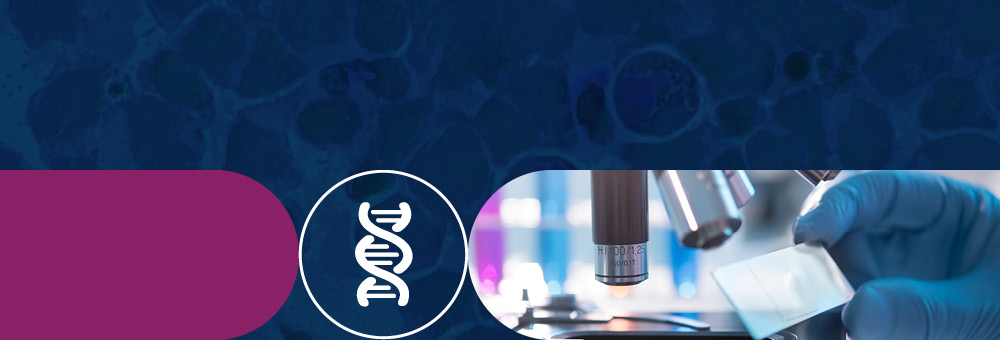Research shows allogeneic BMT enhances survival even in patients with genetic mutations
Do patients with myelodysplastic syndromes (MDS) who have certain genetic mutations benefit from a blood or marrow transplant (BMT)? That’s the question investigators from the Blood and Marrow Transplant Clinical Trials Network (BMT CTN) aimed to answer with a recent analysis.
MDS is a group of challenging blood disorders where a person’s body doesn’t make enough healthy blood cells. This leads to complications like anemia and infections. Some people with MDS may develop acute myeloid leukemia (AML). These complications can be life-threatening. Right now, BMT using blood stem cells from a donor (allogeneic) is the only cure for MDS.
But some patients with genetic mutations, especially TP53, have poor outcomes after allogeneic BMT. The investigators wanted to understand whether BMT still provided a survival benefit if a patient had a genetic mutation like TP53.
Who the analysis included
The investigators analyzed patients enrolled on the BMT CTN 1102 clinical trial. That trial showed BMT provided a significant benefit to overall survival for patients who are 50 to 75 years old who have intermediate to high-risk MDS.
The new analysis included 309 patients from the BMT CTN 1102 trial. Of these, 229 were in the donor arm. That means they had access to a suitable donor for BMT. Eighty patients were in the no donor arm. That means they did not have access to a suitable donor.
All patients included in the analysis had provided samples before transplant for genetic evaluation.
What the analysis showed
The donor and no donor arms had similar gene mutation distribution. However, the mutations’ impact on patient outcomes was striking.
Patients with MDS with a TP53 mutation had significantly worse overall survival compared to patients without a TP53 mutation (21% vs. 52% at 3 years). However, the analysis also showed a substantially lower risk of death for patients who had BMT even when they had high-risk mutations. This suggests that BMT can significantly enhance long-term survival in patients with MDS even when patients have other risk factors including high-risk mutations.
For patients with MDS with TP53 mutations, those who received BMT had markedly improved overall survival compared to those who did not. This emphasizes the potential benefit of BMT for these patients. The findings held true at multiple time points, highlighting the critical role of BMT in improving outcomes for patients with MDS with TP53 mutations.
What the results mean for patients with MDS
The secondary analysis of the BMT CTN 1102 study provides compelling evidence that allogeneic BMT is a vital treatment strategy that can significantly improve outcomes and long-term survival for patients with high-risk genetic subgroups of MDS, including those with TP53 mutations. These results underscore the importance for doctors to consider genetic mutations when evaluating treatment options for patients with MDS.
This study represents a significant step forward in the treatment of MDS, bringing us closer to more effective treatments and better prognoses for those impacted.
Citation
Versluis J, Saber W, Tsai HK, et al. Allogeneic Hematopoietic Cell Transplantation Improves Outcome in Myelodysplastic Syndrome Across High-Risk Genetic Subgroups: Genetic Analysis of the Blood and Marrow Transplant Clinical Trials Network 1102 Study. J Clin Oncol. 2023;41(28):4497-4510. doi: 10.1200/JCO.23.00866.

